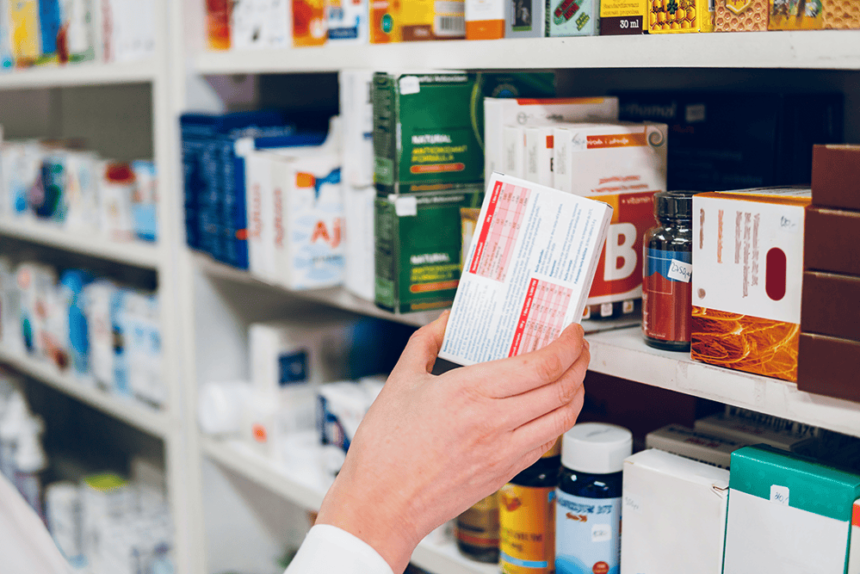Diabetes is a situation that impacts some 1.5 million Australians. One of the vital essential points of diabetes is retaining your glucose ranges in your goal vary to maintain your physique wholesome. Some folks with sort 2 diabetes or gestational diabetes can handle this by weight loss program and train alone. Nonetheless, many individuals want drugs to assist handle blood glucose ranges, and other people with sort 1 diabetes want insulin as a result of their our bodies don’t make any. This text explains the several types of drugs out there and why you will need to take them as prescribed.
There are a number of several types of diabetes drugs, together with tablets, insulin, and different injectable drugs that aren’t insulin.
These are tablets generally used for sort 2 diabetes. They’re grouped in several courses, listed beneath, based on how they work in your physique. They work in several methods to decrease glucose ranges and have totally different advantages and unwanted effects.
Decrease your glucose by:
- Blocking the discharge of glucose from the liver.
- Slowing the discharge of glucose from carbohydrate meals from the intestine.
- Serving to your insulin to work higher.
Helps the pancreas to launch extra insulin.
Work by:
- Stimulating the discharge of insulin from the pancreas.
- Blocking the discharge of glucose from the liver.
Permits extra glucose to flee through the urine.
Work by:
- Reducing glucose launch from the liver.
- Serving to your insulin to work higher.
Insulin is a hormone that helps decrease blood glucose. Individuals with sort 1 diabetes want insulin as a result of their our bodies don’t make any insulin. Many individuals with sort 2 diabetes additionally want insulin if different drugs don’t management their blood glucose. There are several types of insulin:
| Sort of insulin | Begins to work | How lengthy it really works |
| Speedy performing | Lower than quarter-hour | 3-4 hours |
| Brief performing | 30-60 minutes | 6-8 hours |
| Intermediate performing | 2-4 hours | 12-24 hours |
| Lengthy performing | 1-2 hours | 24 hours or longer |
| Pre-mixed (mixture of fast and lengthy performing) | Lower than quarter-hour | 24 hours or longer |
Work by:
- Blocking the discharge of glucose from the liver.
- Slowing glucose launch from the intestine and serving to you are feeling full.
- Stimulating the discharge of insulin out of your pancreas.
Work by concentrating on two hormones within the intestine, GLP-1 and GIP.
- GLP-1 helps to decrease blood glucose and lets you really feel full.
- GIP stimulates the discharge of insulin from the pancreas.
Every sort of remedy has its personal advantages and unwanted effects. Your physician chooses them primarily based in your well being standing and remedy objectives.
It is extremely essential to take your diabetes drugs as your physician prescribes. Lacking doses, not taking them commonly, or altering doses with out telling your physician could make your blood glucose more durable to handle. This may increasingly result in severe diabetes-related issues together with coronary heart illness, kidney harm, nerve harm, and imaginative and prescient issues. Whenever you take your drugs as prescribed you’ll get the very best outcomes and enhance your high quality of life within the quick and long run.
Diabetes can get more durable to handle over time, so remedy plans may have to alter. Maintain having common check-ups along with your physician to make sure your remedy is working properly, and permit for adjustments if wanted.
- Examine your blood glucose if required
If you want some assist with making way of life adjustments, ask your physician to refer you to a diabetes educator, dietitian or train physiologist by a Continual Illness Administration Plan. These visits are subsidised, partially, by Medicare.
The NDSS additionally presents the MedSmart and Dwelling with Insulin applications that may aid you additional perceive your drugs. You may attend both a nose to nose session or on-line. To search out these applications and extra close to you, go to occasions.ndss.com.au
Ought to you’ve got any questions on diabetes, name the NDSS Helpline on 1800 637 700, and ask to talk with a diabetes educator, dietitian or train physiologist. he NDSS Helpline on 1800 637 700, and ask to talk with a Diabetes Educator, Dietitian or Train Physiologist.
By Vania Khoury Credentialled Diabetes Educator and Registered Nurse












